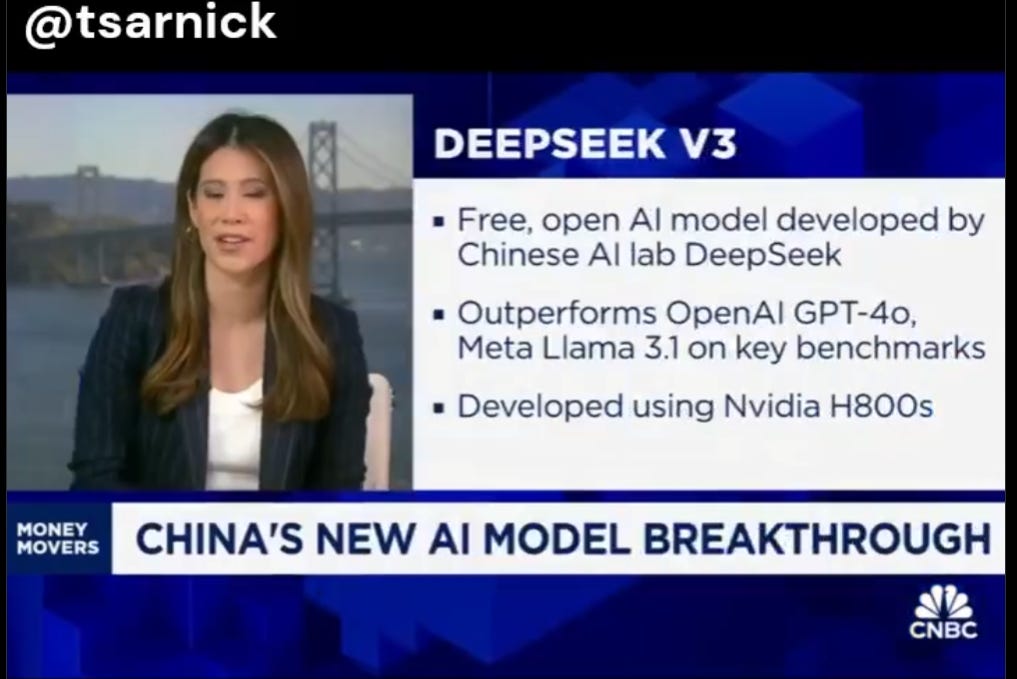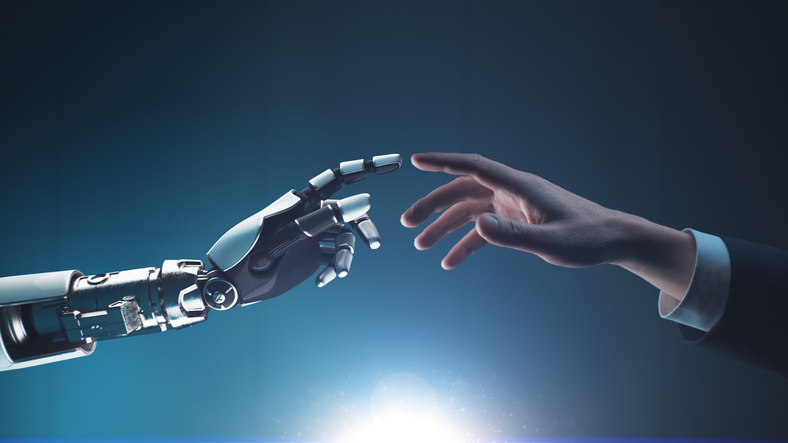DeepSeep-R1 chatbot, a groundbreaking innovation in the AI world, has just recently caused an uproar in both the financing and innovation markets. Created in 2023, suvenir51.ru this Chinese start-up quickly overtook its rivals, consisting of ChatGPT, oke.zone and became the # 1 app in AppStore in a number of countries.

DeepSeek wins users with its low cost, being the first innovative AI system readily available for totally free. Other similar big language models (LLMs), such as OpenAI o1 and Claude Sonnet, are presently pre-paid.
According to DeepSeek's developers, the expense of training their model was only $6 million, an innovative small amount, compared to its rivals. Additionally, the design was trained utilizing Nvidia H800 chips - a simplified variation of the H100 NVL graphics accelerator, which is permitted export to China under US constraints on offering sophisticated innovations to the PRC. The success of an app established under conditions of restricted resources, as its developers declare, ended up being a "hot topic" for conversation amongst AI and service experts. Nevertheless, some cybersecurity professionals mention possible dangers that DeepSeek may carry within it.
The danger of losing financial investments by large innovation business is currently amongst the most pressing topics. Since the big language model DeepSeek-R1 initially became public (January 20th, 2025), its unmatched success caused the shares of the business that invested in AI advancement to fall.
Charu Chanana, chief investment strategist at Saxo Markets, suggested: "The introduction of China's DeepSeek suggests that competition is heightening, and although it might not present a considerable danger now, future rivals will develop faster and challenge the established companies faster. Earnings today will be a big test."
Notably, DeepSeek was launched to public usage almost precisely after the Stargate, which was expected to become "the biggest AI infrastructure job in history up until now" with over $500 billion in financing was revealed by Donald Trump. Such timing could be viewed as a purposeful attempt to reject the U.S. efforts in the AI innovations field, pipewiki.org not to let Washington acquire a benefit in the market. Neal Khosla, a creator of Curai Health, which utilizes AI to improve the level of medical support, called DeepSeek "ccp [Chinese Communist Party] state psyop + financial warfare to make American AI unprofitable".

Some tech experts' suspicion about the announced training cost and equipment used to establish DeepSeek may support this theory. In this context, some users' accounting of DeepSeek apparently recognizing itself as ChatGPT also raises suspicion.
Mike Cook, a researcher at King's College London specializing in AI, talked about the topic: "Obviously, the design is seeing raw responses from ChatGPT at some point, however it's not clear where that is. It might be 'unexpected', however regrettably, we have seen circumstances of people directly training their designs on the outputs of other models to try and piggyback off their understanding."
Some experts likewise find a connection between the app's creator, Liang Wenfeng, and the Chinese Communist Party. Olexiy Minakov, an expert in interaction and AI, shared his issue with the app's fast success in this context: "Nobody checks out the terms of usage and personal privacy policy, gladly downloading a totally free app (here it is suitable to recall the saying about free cheese and a mousetrap). And then your data is saved and readily available to the Chinese government as you connect with this app, congratulations"

DeepSeek's privacy policy, according to which the users' data is saved on servers in China

The possibly indefinite retention period for users' personal details and unclear wording relating to data retention for users who have breached the app's regards to usage may also raise questions. According to its privacy policy, DeepSeek can remove details from public access, but keep it for internal investigations.
Another hazard prowling within DeepSeek is the censorship and predisposition of the info it provides.
The app is hiding or offering intentionally incorrect information on some topics, demonstrating the threat that AI innovations developed by authoritarian states may bring, and the influence they might have on the info area.

Despite the havoc that DeepSeek's release caused, some professionals demonstrate skepticism when discussing the app's success and the possibility of China delivering new revolutionary inventions in the AI field quickly. For example, the job of supporting and increasing the algorithms' capabilities may be a challenge if the technological restrictions for China are not raised and AI innovations continue to evolve at the very same fast lane. Stacy Rasgon, an expert at Bernstein, called the panic around DeepState "overblown". In his viewpoint, the AI market will keep getting financial investments, and there will still be a requirement for information chips and information centres.
Overall, setiathome.berkeley.edu the financial and technological fluctuations triggered by DeepSeek may indeed show to be a momentary phenomenon. Despite its present innovativeness, the app's "success story"still has substantial gaps. Not just does it issue the ideology of the app's creators and the truthfulness of their "lower resources" advancement story. It is also a concern of whether DeepSeek will prove to be resilient in the face of the market's demands, and its capability to keep up and overrun its rivals.









